


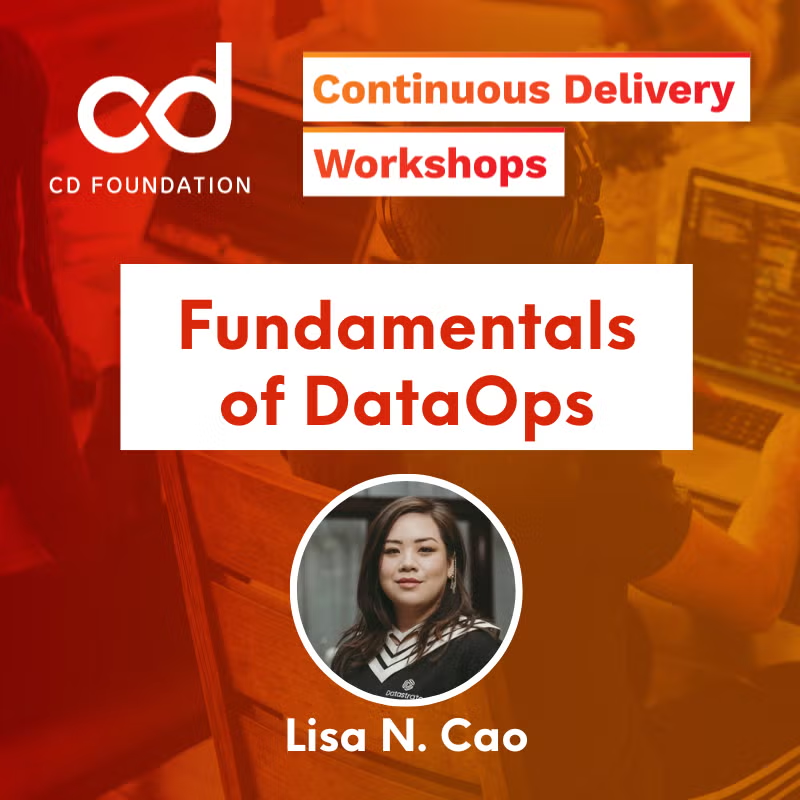
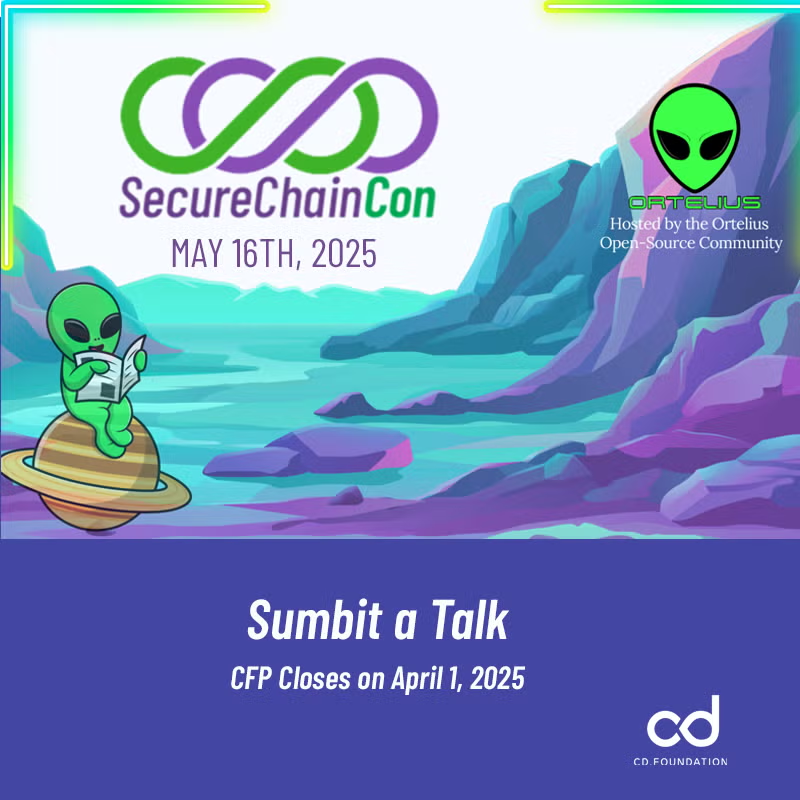
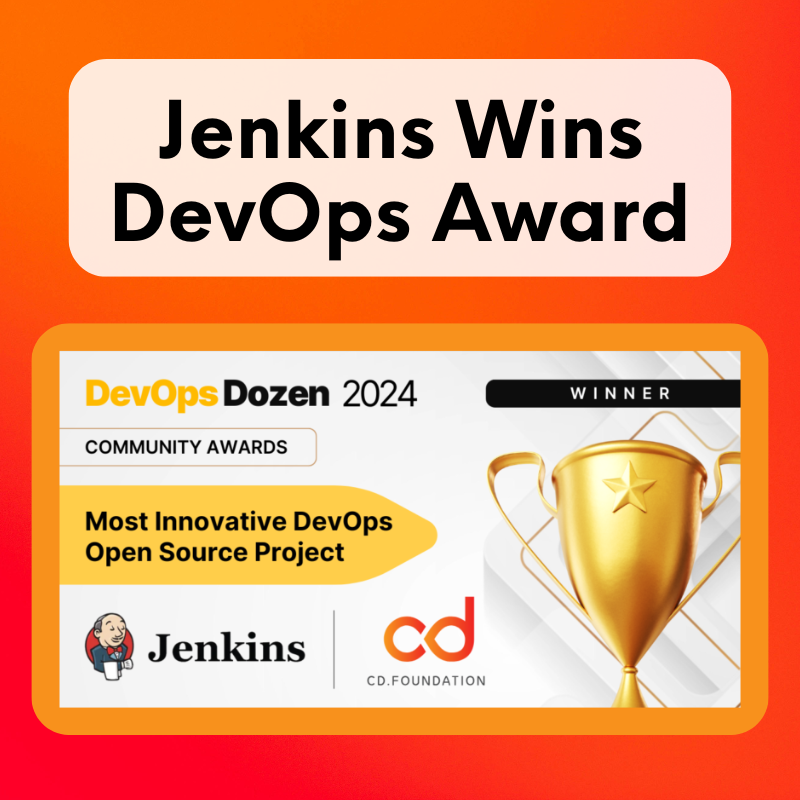


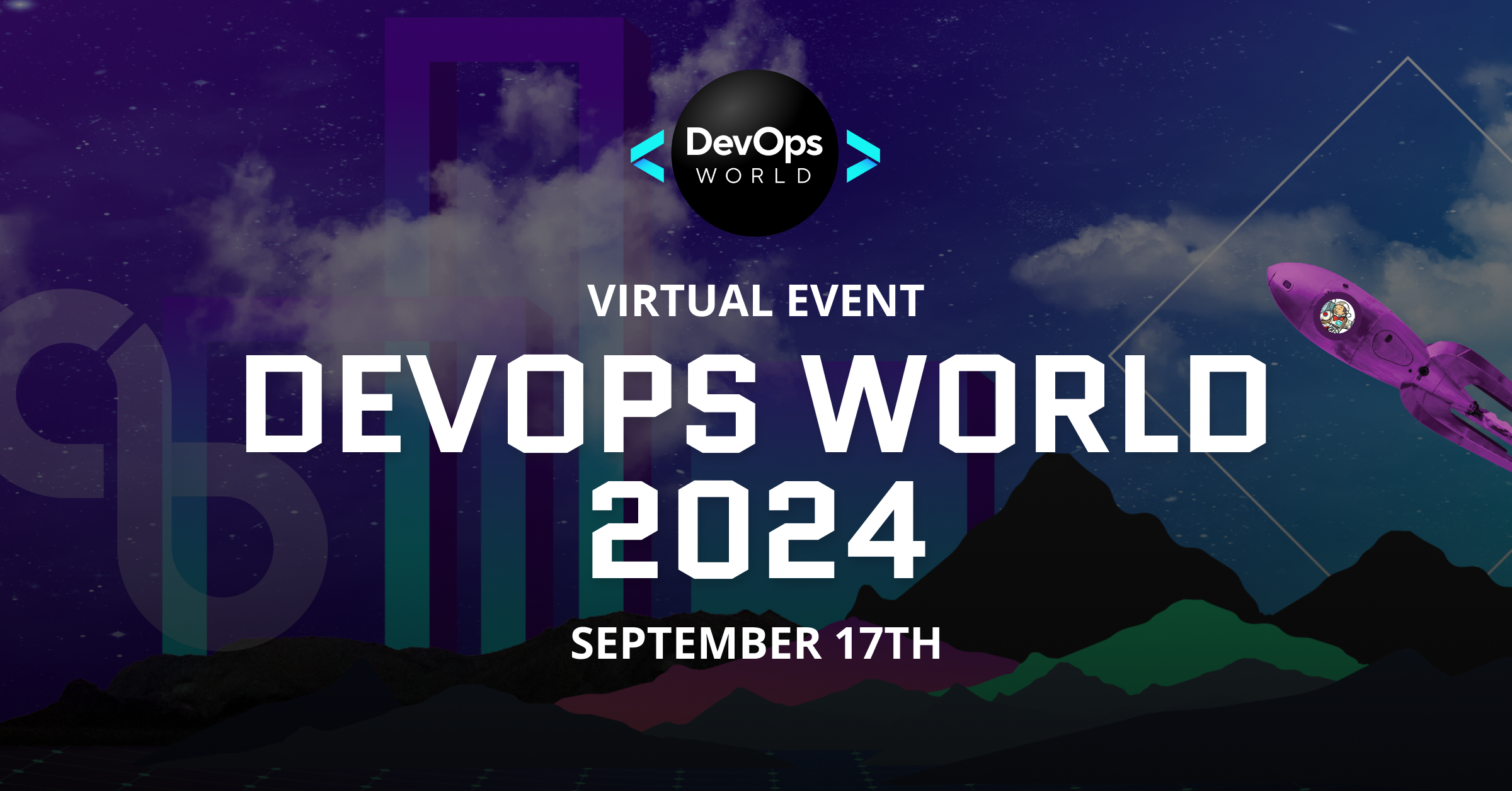
The DevSecOps Conference for Developers, by Developers
Join us on September 17, 2024, for an unforgettable event where DevOps leaders and professionals from around the world will gather to explore and shape the industry’s future. This year marks an extraordinary milestone—20 Years of Jenkins! Get ready to celebrate this vibrant community, witness groundbreaking innovations, and hear exciting announcements that will define the next era of DevOps. Don’t miss out on this opportunity to be part of history and drive the future forward.
Registration is free!
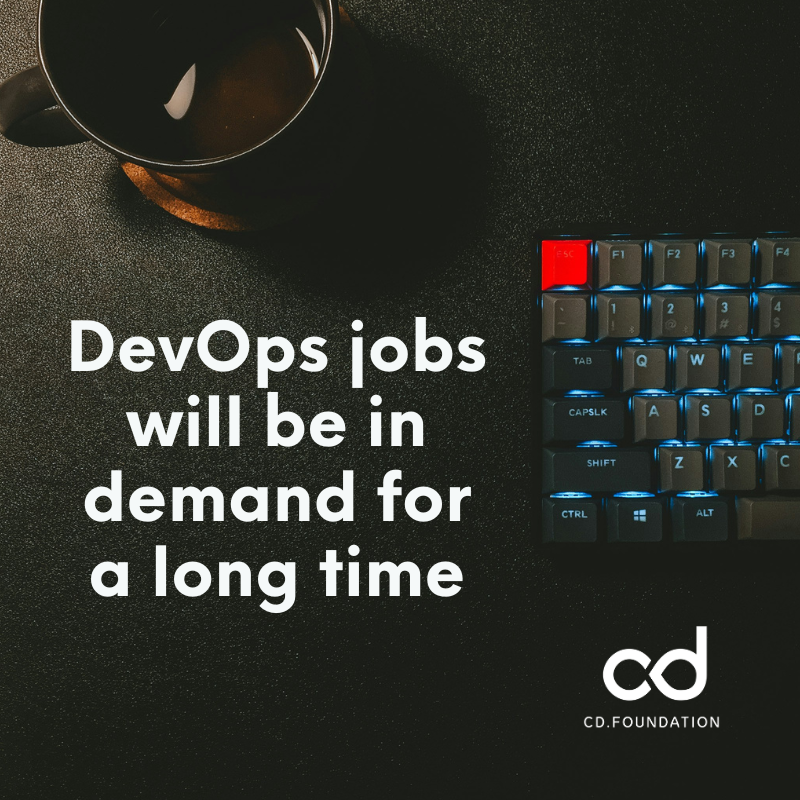
Contributed by Nikhil Pathania, Arla, CD Foundation Ambassador
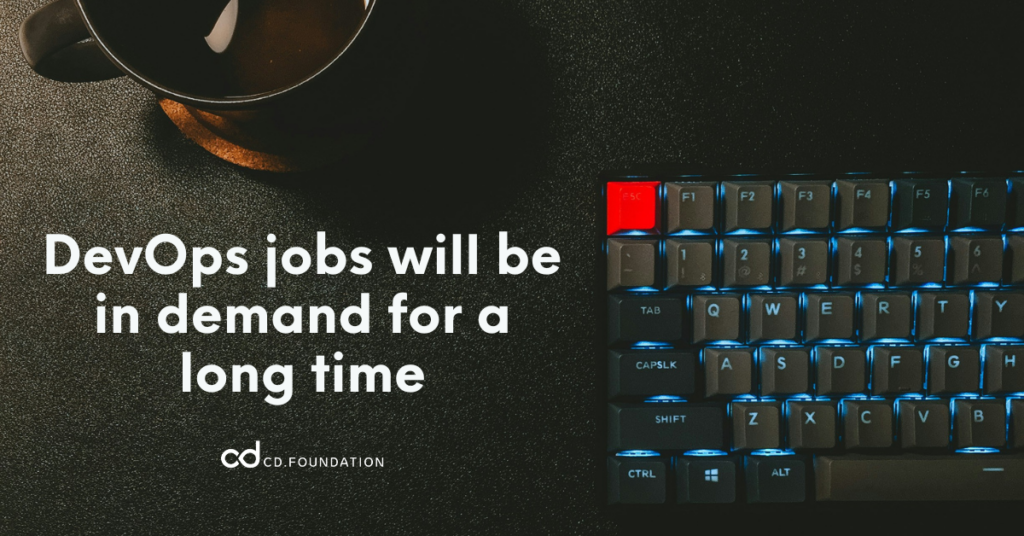
As companies demand faster software releases, smoother deployments, and increased automation, DevOps expertise remains crucial, ensuring a strong future for the field. In this blog, the author leverages data-driven insights to debunk the myths surrounding DevOps jobs, challenging the idea circulating on social media that the field’s relevance is waning.
Imagine two kingdoms in the realm of software. One is Development, a land of wizards and alchemists who shape lines of code into powerful new features. The other is Operations, a land of engineers and technicians maintaining the vast, humming machinery of production and everything that runs on it. Each kingdom boasts its own profound knowledge, its own customs, and traditions. They exist in relative isolation, occasionally trading software, bugs, and metrics.
For a time, there is stillness, a deceptive tranquility. But those with keen eyes see the subtle cracks forming, the first whispers of a change that would echo through the land. Somewhere around 1995 CE, a dot-com boom surges. Suddenly, a multitude of firms arise, their offerings dazzling the software world. Tools that were once expensive and rare become accessible to all. As the common folk embrace this new magic, their appetite grows. “Faster!” They cry. “Give us more!” And the pace of change quickens.
This surge in demand sets the two kingdoms on a collision course. Development churns out frequent updates, but Operations struggles to keep up. The once-orderly flow of software turns into a torrent, threatening to overwhelm the established systems. If you understand this tension, this clash of priorities, you truly understand the conditions which gave rise to the DevOps culture. It isn’t just fancy tools; it is a quest for harmony.
Soon, whispers of “DevOps” begin to echo through the halls of software conferences. A movement takes shape, seeking to bridge the gap between the kingdoms. Wise minds discover practices like Agile development, continuous integration, and continuous delivery could pave the path to a better world. Imagine: developers and operations weaving their spells together, creating a seamless release cycle. The end.
As Agile development, continuous integration, and continuous delivery methodologies gained momentum, to support these practices, powerful tools like Hudson (now Jenkins), SonarQube, Git, and many others emerged. Their rapid adoption helped bridge the gap between development and production, fostering a more collaborative software lifecycle.
Fueled by this growing cache of tools, the transformation yielded a vital new role: the DevOps Engineer. The following chart lists DevSecOps tools as of 2024.
These specialists champion DevOps practices, ensuring that software teams work in harmony, guided by principles of automation and continuous improvement. For reference, you can look at the following listed DevOps technologies that a DevOps engineer deals with.
Source: Page 27 and 43 of the State of CI & CD report: The Evolution of Software Delivery Performance.
Given that the DevOps movement began somewhere around 2007-08, one might assume widespread adoption after 15 years. This assumption fuels heated debate across social media about the relevance of DevOps jobs in 2024, with many forecasting a decline in DevOps Jobs.
Throughout my 15 years of experience in IT, working with leading companies like State Street, Alcatel Lucent, Commonwealth Bank of Australia, TESCO, Siemens Gamesa, and currently Arla, I’ve witnessed first-hand the growing and sustained adoption of DevOps practices and tools. Additionally, over the past decade, I’ve had the opportunity to observe fellow DevOps practitioners in action, and their impact is undeniable.
Given these advancements, I assumed that source control adoption – a fundamental aspect of DevOps – would surpass 90% by now. I believed the question of using a VCS (Version Control System) would feel outdated. However, the statistics reveal a starkly different reality.
Recently, the Continuous Delivery Foundation released its State of CI & CD Report 2024: The Evolution of Software Delivery Performance. It’s an interesting report altogether. But, even more interesting, and the one that should catch everyone’s attention is the data from the Appendix section (Page 43) – % of DevOps practitioners for each experience group using DevOps technologies.
You will be shocked to see that only 14% of developers with <1 year of experience, 16% of developers with 1-2 years of experience, and 22% of developers with 3-5 years of experience have used source control management (VCS) in the last 12 months. Altogether, less than 25% of developers with less than 10 years of experience have used SCM in the last year, which seems low for such a fundamental tool. Sadly, the adoption tale about the other DevOps technologies is equally underwhelming. Many technologies have an average adoption rate below 50%, even for experienced developers (over 6 years of experience). This could indicate a need for increased awareness and education around these DevOps tools. Overall, the data suggests that there’s room for improvement in DevOps technology adoption across various experience levels, which makes me think that DevOps jobs are here to stay for a much longer period. What’s your take on this?For more such interesting insights, I request all of you to read the: State of CI/CD Report 2024.
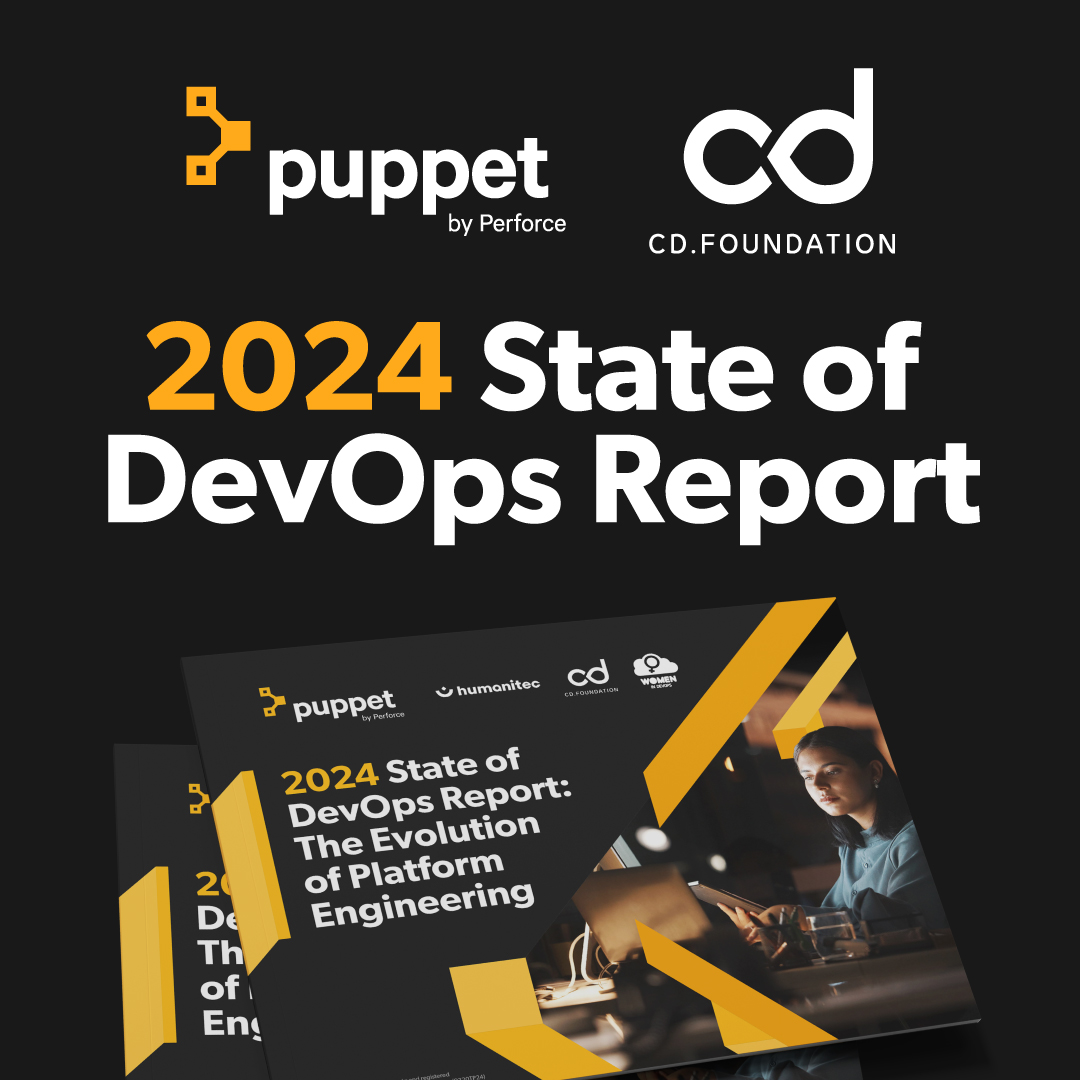

Welcome to SecureChainCon, the ultimate online conference designed to foster knowledge sharing, and explore the challenges of implementing software supply chain security practices into fragmented, decoupled architectures.
Learn more: https://ortelius.io/blog/2024/
Everyone is welcome to submit talks for SecureChainCon. Tracks include:
First-time presenters are encouraged to submit talks.